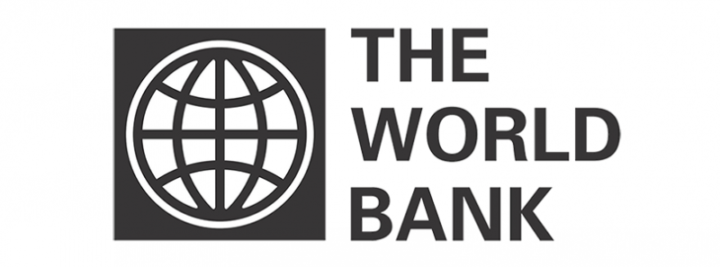The World Bank’s updated Environmental and Social Framework, a draft of which will be considered by the Bank’s executive board on 4 August, introduces a new labour standard that would, for the first time, require borrowing countries to comply with some basic workers’ rights and labour conditions in Bank-funded projects.
The adoption of a labour safeguard for the World Bank’s public sector lending would be a positive development; loans from the Bank’s private-sector lending arm IFC have been subject to a labour safeguard since 2006. However, the version of “Environmental and Social Standard 2: Labour and Working Conditions” (ESS 2) to be submitted to the board contains some unjustified dilutions compared to a draft that was published one year ago.
They include the proviso that freedom of association in Bank projects needs to be respected only “in a manner consistent with national law”. No such qualification was added to other core labour standards requirements in ESS 2, that is the prohibition of discrimination, child labour and forced labour. In addition, the latest version of the policy shifts the responsibility from the World Bank and the borrower to the supplier to identify risks of child labour, forced labour and dangerous working conditions in the primary supply chain.
The latest draft also maintains an important weakness that the ITUC, other civil society groups and many governments urged the Bank to correct in the earlier version, by failing to include references to the core labour standards conventions of the International Labour Organization.
ITUC General Secretary Sharan Burrow called on the Bank to recognise the role of the ILO as the international standard-setting body on labour and to work closely with it in implementation of the new safeguard:
“The other multilateral development banks that have a labour safeguard, one of which is the World Bank’s own IFC, include an explicit reference to the ILO’s core labour standards conventions, which all member countries are required to comply with whether or not they have ratified the specific conventions. The World Bank should follow this precedent, not break from it. We are concerned by the implication that the freedom of association provision can be ignored in Bank-financed projects if national law does not fully protect this right, even though the policy asserts that child labour, forced labour and gender and other types of discrimination will not be tolerated in Bank projects no matter what national laws say. This introduces a troubling double standard as to which of the ILO-defined fundamental workers’ rights must be respected in Bank projects.”
Sharan Burrow also expressed the need for the Bank to strengthen the provisions on primary supply workers: “Three years after the Rana Plaza tragedy in Bangladesh and a month after the International Labour Conference focused on action to eliminate unacceptable labour conditions in global supply chains, the World Bank and borrowing governments must do their part, not shift the responsibility onto suppliers. It is unrealistic and impracticable to expect that prospective suppliers will engage in self-denunciation of their unacceptable labour practices.”
The ITUC contributed along with several other civil society organisations to a joint response to the World Bank’s proposed Environmental and Social Framework.
The draft Framework to be considered by the World Bank’s executive board on 4 August has been posted on the Bank’s website.










